The Duck of Minerva
Displaying Results for ""
Alexandre Debs
by Dan Nexon | 3 Jul 2021 |
Nuno P. Monteiro
by Dan Nexon | 3 Jul 2021 |
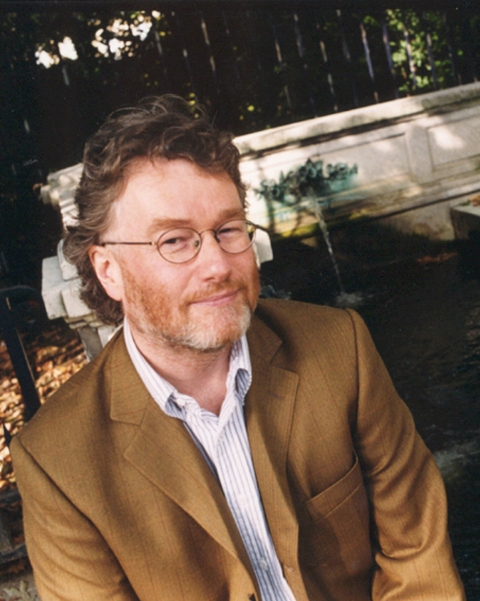
Iain M. Banks
by Dan Nexon | 3 Jul 2021 |
Iain [Menzies] Banks (16 February 1954 – 9 June 2013) was born in Fife and was educated at Stirling University, where he studied English Literature, Philosophy and Psychology. Banks came to widespread and controversial public notice with the publication of his first novel, The Wasp Factory, in 1984. His first science fiction novel, Consider Phlebas, was published in 1987. He continued to write both mainstream fiction (as Iain Banks) and science...
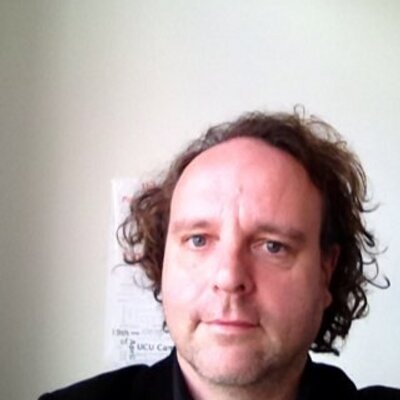
Gerard van der Ree
by Dan Nexon | 3 Jul 2021 |
Gerard van der Ree is an Assistant Professor at University College Utrecht. His field of expertise is International Relations (IR) theory and comparative methodology, interdisciplinarity, philosophy of science, and Latin American Studies. He currently work on issues regarding phenomenology, epistemology and reflexivity in IR.
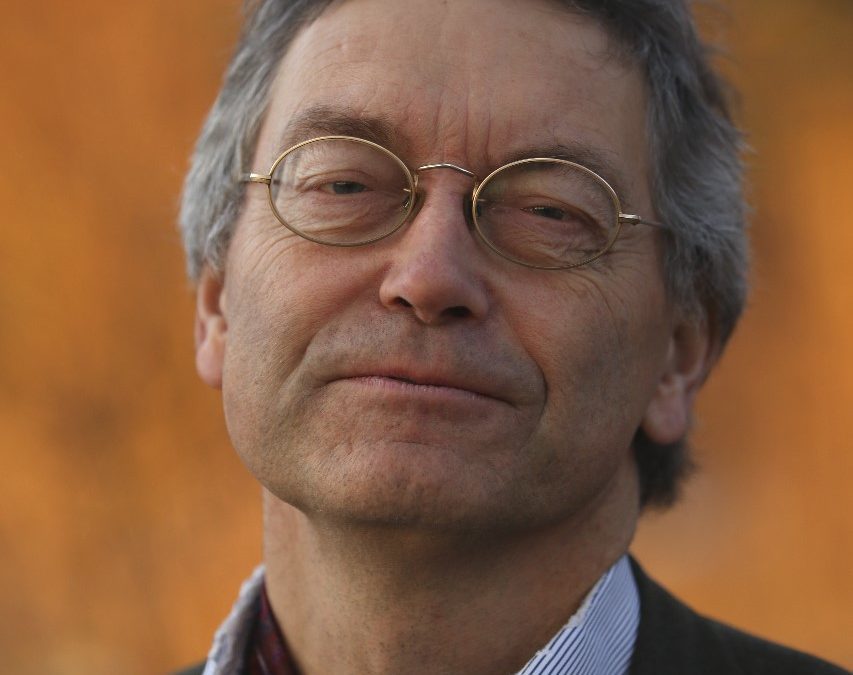
Iver B. Neumann
by Dan Nexon | 3 Jul 2021 |
Iver Brynild Neumann is a Norwegian political scientist and social anthropologist. He is Director of the Fridtjof Nansen Institute at Polhøgda, Lysaker, a position he has held since December 2019. From 2012-2017 he was the Montague Burton Professor of International Relations at the London School of Economics and Political Science. He has also served as Research Director and Director at the Norwegian Institute of International Affairs (NUPI) and...
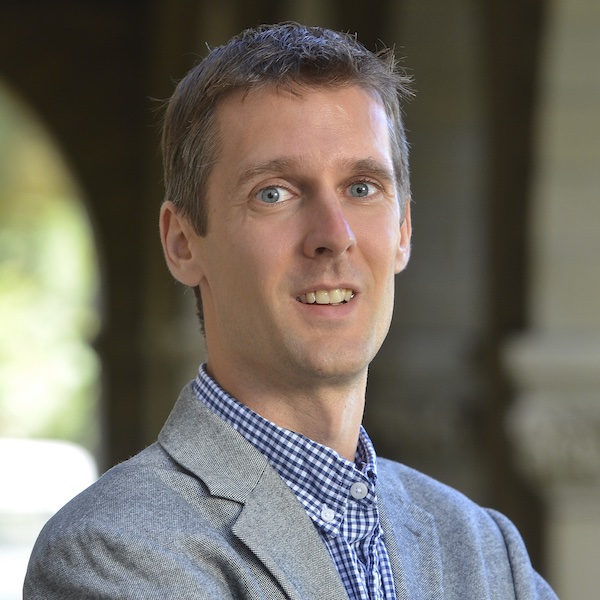
Matthew Fuhrmann
by Dan Nexon | 3 Jul 2021 |
Matthew Fuhrmann is Professor of Political Science and Presidential Impact Fellow at Texas A&M University. His previous positions include Visiting Associate Professor at Stanford University's Center for International Security and Cooperation (2016-17), Stanton Nuclear Security Fellow at the Council on Foreign Relations (2010-11), and Pre-Doctoral Research Fellow at Harvard University's Belfer Center for Science and International Affairs...
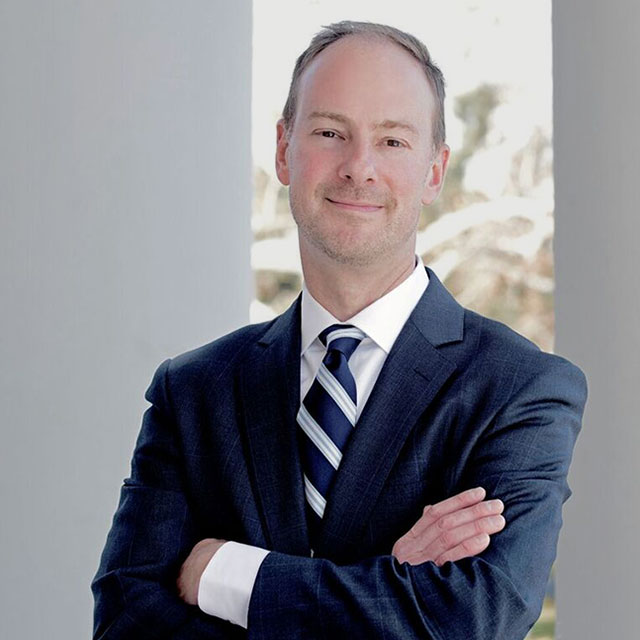
Todd S. Sechser
by Dan Nexon | 3 Jul 2021 |
Todd S. Sechser is the Pamela Feinour Edmonds and Franklin S. Edmonds Jr. Discovery Professor of Politics at the University of Virginia; Professor of Public Policy at the Batten School of Leadership and Public Policy; and a Senior Fellow at the Miller Center of Public Affairs. Dr. Sechser’s research interests include coercive diplomacy, emerging technologies, nuclear security, and political violence. He is coauthor of the book Nuclear Weapons...
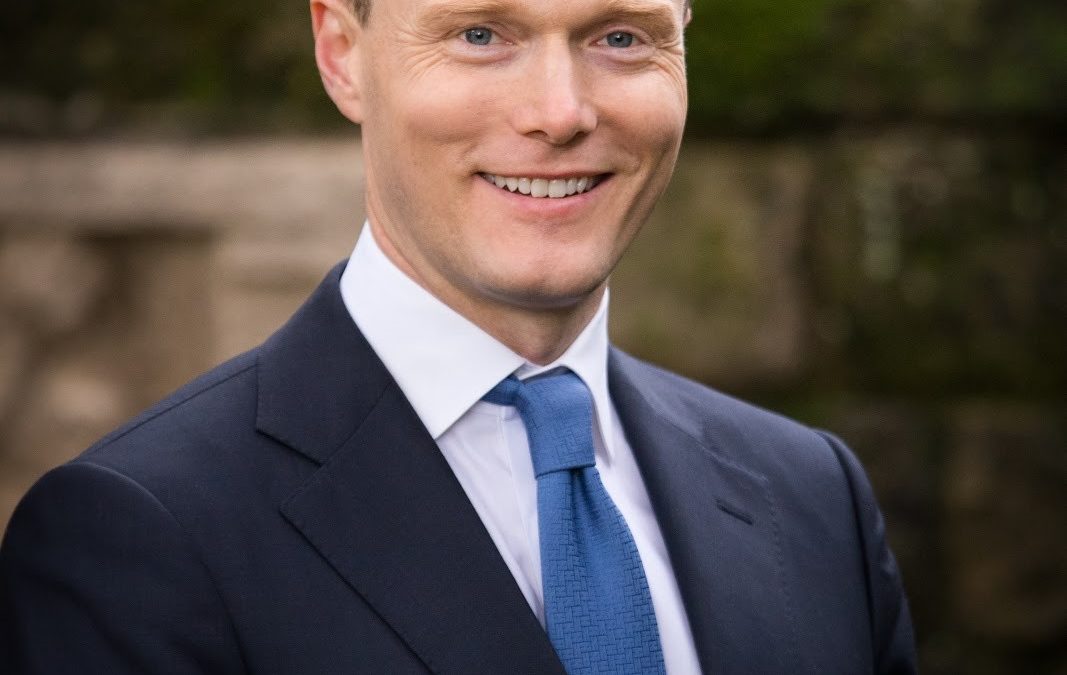
Matthew Kroenig
by Dan Nexon | 3 Jul 2021 |
Matthew Kroenig is a Professor in the Department of Government and the Edmund A. Walsh School of Foreign Service at Georgetown University. A 2019 study in Perspectives on Politics ranked him as one of the top 25 most-cited political scientists of his generation. Dr. Kroenig is the author or editor of seven books, including The Return of Great Power Rivalry: Democracy versus Autocracy from the Ancient World to the US and China (Oxford University...

Minerva Cast
by Dan Nexon | 2 Jul 2021 |
The original Duck of Minerva podcast ran from 2012-2013. The bulk of the episodes are interviews with international-relations scholars at various stages of their careers. Dan Nexon generally hosted, but he was sometimes joined by another contributor to the website. By today's standards for amateur podcasts, the audio quality is crude. But the interview subjects are generally quite interesting.

Duckcalls
by Dan Nexon | 2 Jul 2021 |
Duckcalls is the official The Duck of Minerva podcast. It covers a variety of topics related to international-relations scholarship, ranging from current events to life as an academic. In other words, it's a lot like The Duck of Minerva itself. This extends to hosting. Jarrod Hayes runs Duckcalls, but he also hands over the reigns for specific thematic series. Duckcalls began in 2019. The previous Duck of Minerva podcast – Minerva Cast – ended...
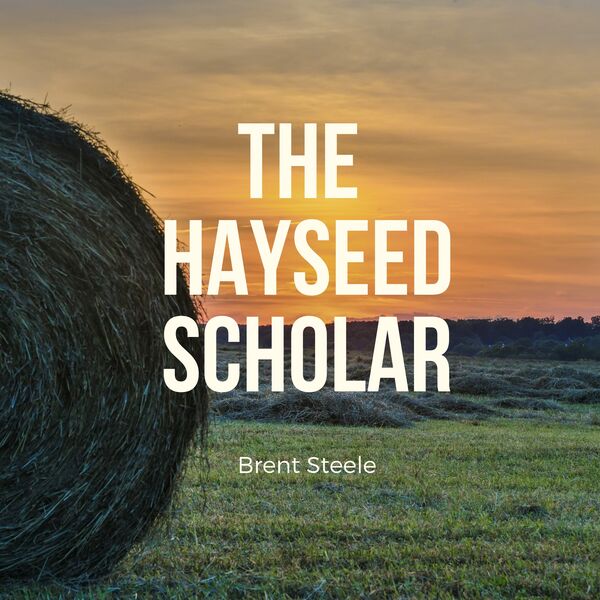
The Hayseed Scholar
by Dan Nexon | 2 Jul 2021 |
The Hayseed Scholar is a podcast where political science, history, sociology and international-relations scholars reflect upon their journeys, work, practices, and challenges as academics. Guests talk about where they grew up, what schooling and living in various places was like, how they made decisions about college or university majors, and what other career paths they decided against in favor of academia. They reflect on topics like going on...